Shahrbanou Amani believes Iranian reformists haven't decided organizationally to remain silent. She says in the current political climate of the country when the voice of truth is made quiet, even some fair Principlists have separated their way from the monopolizing current which seeks more power.
In the following interview, Amani elaborates on the situation facing the Iranian reformists in terms of the ground to convey their ideas.
Why the reformists are unvoiced, their leaders do not comment on the latest problems raised in the country and do not take a transparent stance. Is it a strategy?
We have not opted for that. You see whenever the ground is prepared, the reformists show an enthusiasm to express their ideas. In my view as our society has become so tense, those who are prime firebrands of such tensions have even targeted sensible Principlits as well, the figures who have served the country but are under the threat of elimination, since those who hold the power, do not bear any voice except the echo of their own voice.
Furthermore when the clashes are intensified, the toleration for hearing the voice of truth, logic and ideas based on knowledge are shrunk. Currently the universities are among the rare places where the reformists can articulate their ideas.
What is the key problem of the reformists in conveying their ideas?
One of the key problems is that we don't have a mass media. What can the reformists do? They don't have access to visual and aural media. No TV and radio channel is allocated to voice their ideas, even among several TV channels none will give them just one hour to make their suggestions.
One of the issues discussed among our reformist friends (and once more I underline that it's not an organizational option) is that we prefer to express our opinions by local media. When the spouses of the post-election detainees are interviewed by foreign media, they say we made our utmost effort to voice our concerns through Iranian media, but they didn't allow us to do so.
On the other hand, the media serving the rival group has adopted a selective approach, censoring parts of the interviews and articles. For example at the 20.30 news program aired from the state TV, the programmers broadcast the parts of the items which may serve their goals. They are not faithful to the entire material. However it's not a new tactic adopted by IRIB (Islamic Republic of Iran's Broadcasting) and other state funded media. In several consecutive years, they have tried to eliminate one of the main Iranian political currents which ironically have played an important role in the Islamic Republic's campaigns and suffered many torturers in the course of the revolution.
You said you are not allowed to the media. Actually the reformists say we are deprived of the public forum, but they convey their ideas through the international media including Farsi language ones. The influence of such media is undeniable, since some accuse local media including IRIB of following a biased strategy against the government critics. For the same reason, some are under the influence of foreign media.
Actually right now the green movement and reformists are deprived of a public forum. Even at the late presidential election in June we didn't have access to that. Some say how people joined you for the election. I would say because the round-the-clock trips made by many reformists and Principlists who campaigned for the other candidates except Mr. Mahmoud Ahmadinejad in their headquarters were greeted by people. Many of them are reputable people who selflessly devoted themselves to the country during the "sacred defense" (the eighth-years war in Iraq waged against Iran).
The key problem of the reformists was their limited face-to-face communication with people. Also their campaign was begun rather late. Mr. Mohammad Khatami [former President] walked out of the election and Mr. Mir Hossein Mousavi [former Prime Minister] accepted running for the presidency rather late.
* Established in 2001, House of Iran's Political Parties was intended to act as a supervisory body over the activities of political parties in the country.

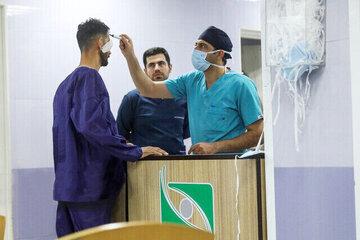
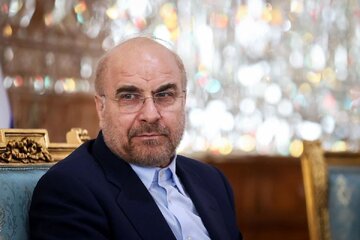
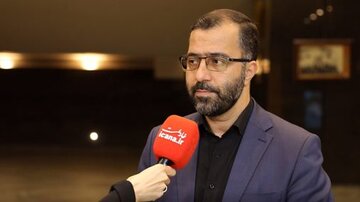
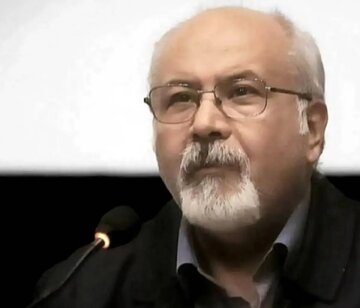
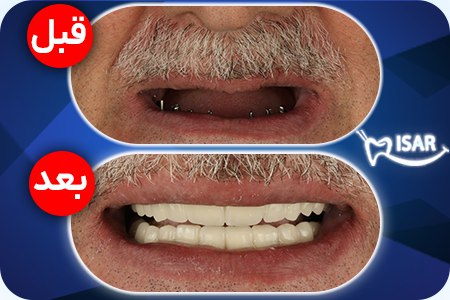






نظر شما